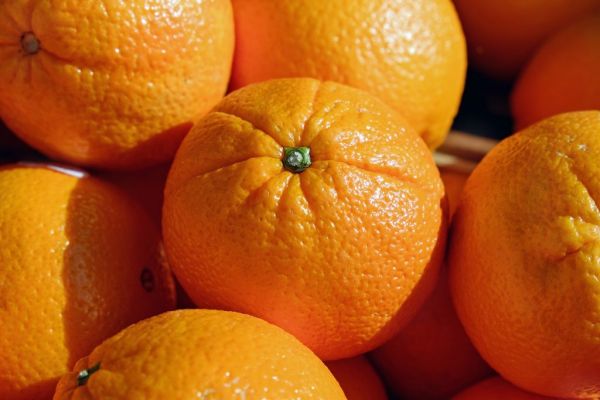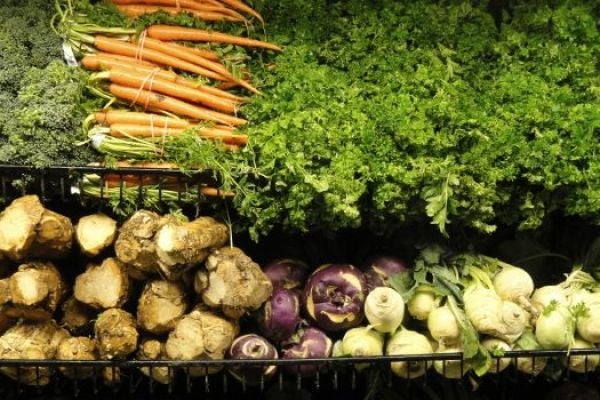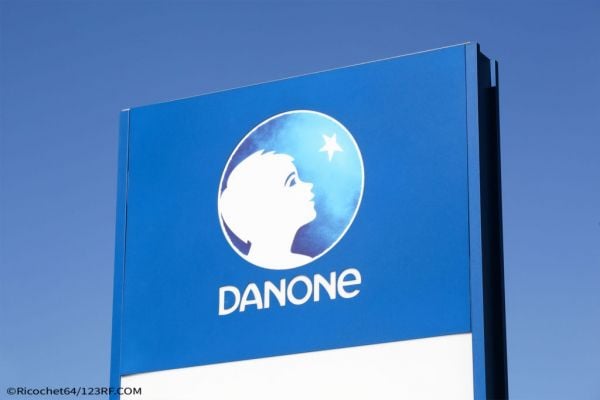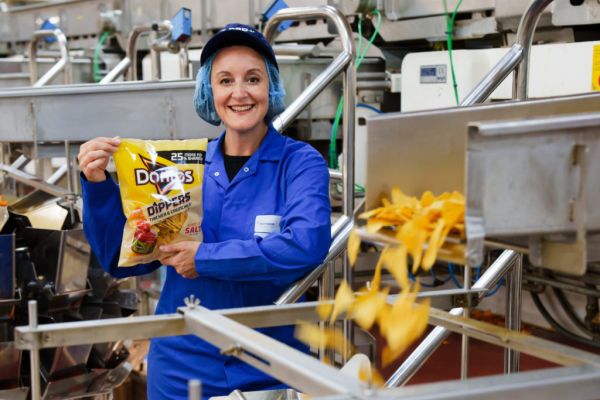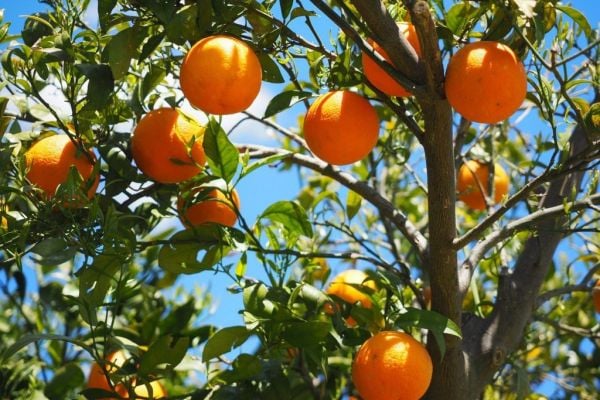IHS Markit’s Agribusiness Intelligence reports global demand and consumption of orange juice continues to fall despite lower prices.
IHS Markit revealed that production has risen in Florida and Brazil, but falling demand in major markets such as the US and Europe has brought the FCOJ (from concentrate orange juice) price down by USD600 (€544.54)/tonne in a year.
The Brazilian orange juice shortage has passed, with a forecast 2019/20 orange crop of 388 million boxes. Brazilian orange juice yields have improved from a low of just over 300 boxes of fruit to one tonne of FCOJ, improving to 270 boxes/tonne in 2018/2019.
In the US, NFC (not from concentrate) prices rose – according to the last report of the season, prices rose to USD8.55 per gallon (€7.76 per gallon), up from USD8.19 per gallon (€7.44 per gallon) the previous month.
Demand in major markets remains low, as sales of NFC orange juice continue to fall, particularly in the US.
However some analysts are predicting a small increase in US consumption this season to 1533 million litres, driven by renewed interest in cheap reconstituted juice.
Brazilian Price Increase
IHS Markit predicts that Brazilian orange juice prices will rise in late 2020, as Europe rebuilds its FCOJ stocks. There have also been early indications of a potentially low 2020/21 harvest in Europe due to unusually hot weather.
“The question is what effect this will have on the FCOJ price. With 388 mln boxes for Brazil’s 2019/20 harvest, there is plenty of orange juice around right now, but demand remains stagnant or is even shrinking in major markets," said Neil Murray, head of processed commodities, IHS Markit’s Agribusiness Intelligence.
"European imports are 25% up on last season’s with nearly 285,000 tonnes of FCOJ shipped from Brazil between July and October 2019, but that is largely because it is far cheaper to store orange juice in Europe than in South America. It will be interesting to watch how this plays out in 2020.”
Murray added that in theory, "this should mean cheaper orange juice on supermarket shelves this year, but that depends on whether the supermarket chains pass on the savings to the consumer. With the 2020/21 harvest looking poor, the orange juice supply will be markedly tighter later this year.”
© 2020 European Supermarket Magazine – your source for the latest retail news. Article by Elizabeth Schroeder. Click subscribe to sign up to ESM: European Supermarket Magazine.
